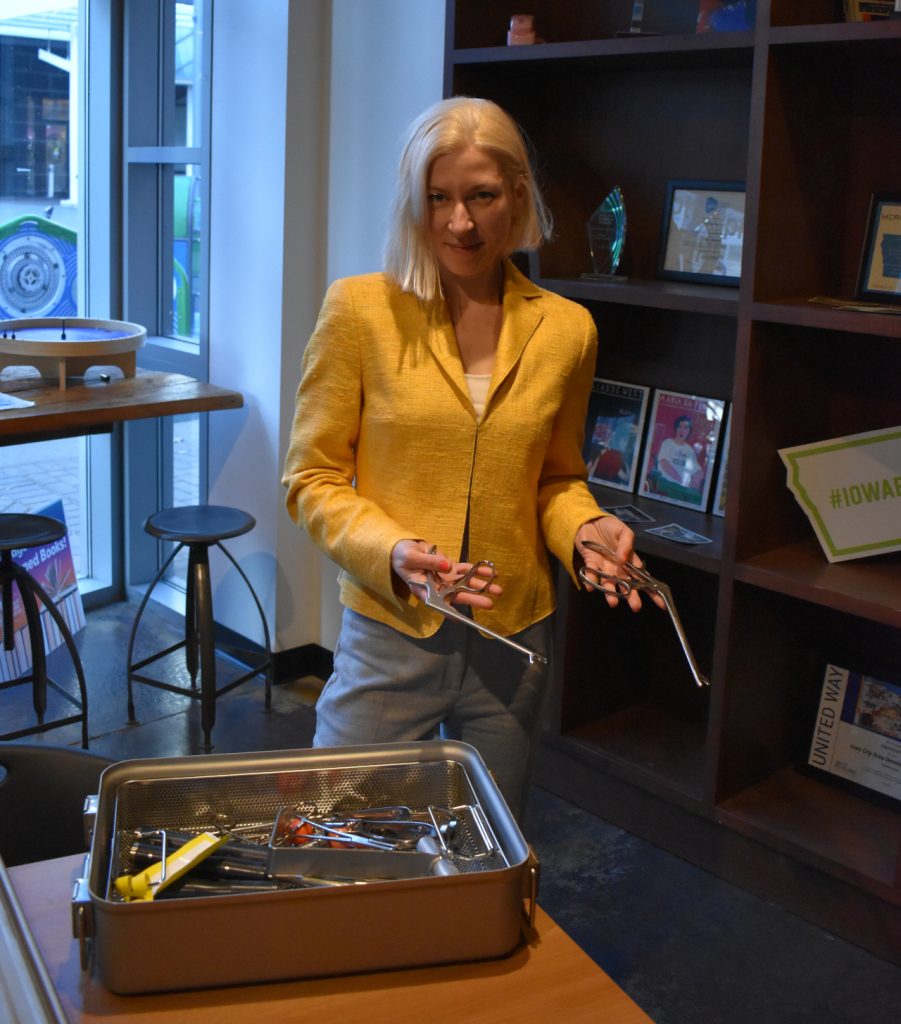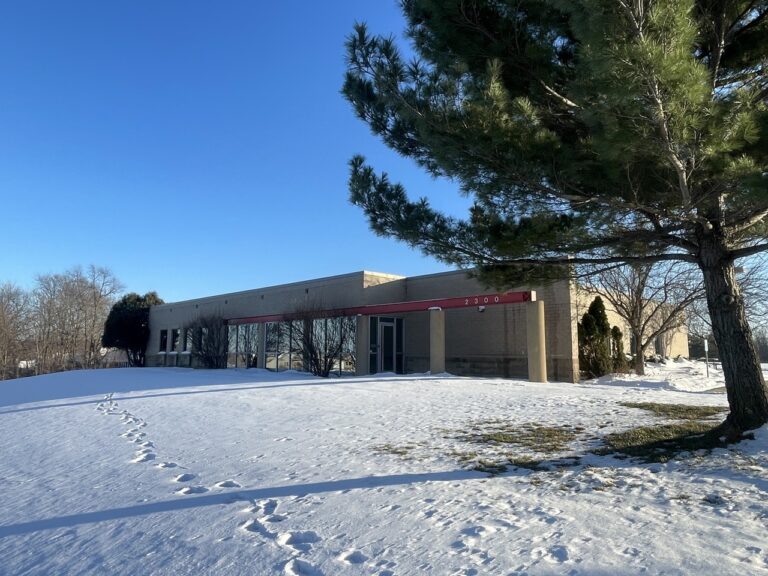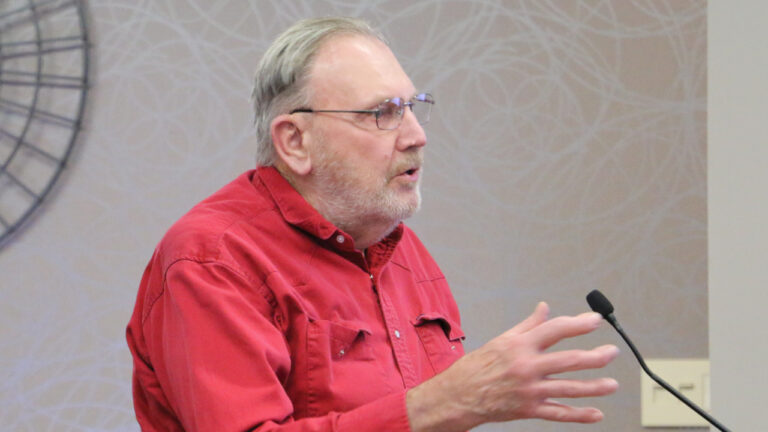Surgeon-turned-entrepreneur creates device to prevent surgical delays

Maria Iliakova poses with some surgical tools that were housed in a metal container. Dr. Iliakova says she has found a more efficient way to keep track of the container and its tools. CREDIT ANNIE SMITH BARKALOW
Bariatric and general surgeon Dr. Maria Iliakova sets a silver, metal canister on the wooden table, its contents clanging around. She opens it to reveal a hodge-podge of surgical instruments, taking a few out and turning them in her hands thoughtfully.
At the moment, in her canary yellow suit jacket and gray linen pants, she looks more ready to command a boardroom than an operating room. Being an entrepreneur in…

Want to Read More?
Get immediate, unlimited access to all subscriber content and much more.
Learn more in our subscriber FAQ.
Do you want to read and share this article without a paywall?








